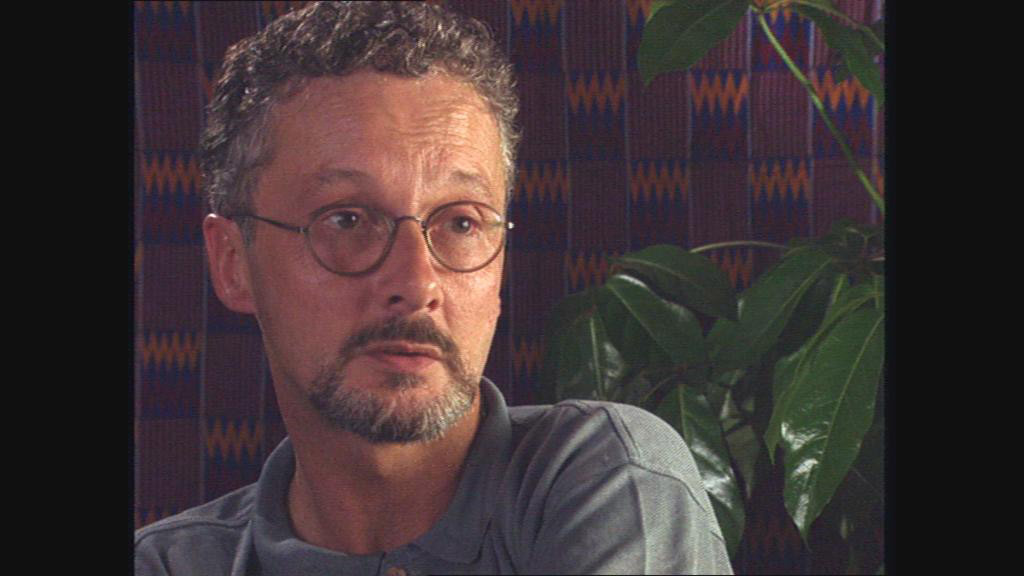Colleagues Call British Aid Worker’s Murder in Pakistan “Senseless and Barbaric”

April 30, 2012
Share
Khalil Dale, a British aid worker employed by the International Committee of the Red Cross (ICRC), was found dead in Pakistan yesterday, almost four months after he was kidnapped while he was driving home from his office in Quetta.
Quetta police say Dale’s beheaded body was discovered in an orchard with a note that read: “This is the body of Khalil who we have slaughtered for not paying a ransom amount.”
“We did everything possible to try to get Khalil out and we are very sad that our efforts failed,” Sean Maguire, an ICRC spokesman, told the BBC. “We put every effort that we could into liberating him and it is deeply, deeply unfortunate that we did not manage to free him. His death, to our mind, is senseless and barbaric.”
Dale — who had been living in Pakistan for over a year and had previously worked with the ICRC and British Red Cross in Kenya, Sudan, Somalia, Afghanistan and Iraq — was no stranger to danger.
From 1991 to 1993, he worked in field hospitals and distributed aid in an area of Somalia where, at the time, 350 people were dying every day from the Biblical-scale famine. He spoke to FRONTLINE for our 1998 film Ambush in Mogadishu, an excerpt of which is embedded above, about how the experience became a turning point for the Red Cross:
Usually the Red Cross never ever deals with people with guns. We never carry guns in our vehicles. But in Somalia we had to employ guards and escorts to see us through the dangerous areas and to cross frontlines. I think Somalia was the first for many things, not just for UN armed intervention — peace keepers they call them — but obviously for the Red Cross. Times are changing and the Red Cross isn’t protected as it used to be.
“Khalil Dale has been a committed member of the Red Cross Red Crescent family for the last 30 years,” Sir Nick Young, a British Red Cross chief executive, told The Guardian. “He was a gentle, kind person who devoted his life to helping others, including some of the world’s most vulnerable people.”
“We condemn his abduction and murder in the strongest possible terms,” Young continued. “It not only robs him of his life, and his family and co-workers of their loved one and friend, it robs the people he was helping of the expert care they need. Care workers like Khalil, and his colleagues in dangerous places all over the world, should be allowed to work free from threats of abduction and violence.”
A convert to Islam, Dale was recently engaged to be married, according to reports.
Quetta is located in Pakistan’s restive Baluchistan province, which has been the scene of a decades-long ethnic insurgency; it’s also believed to be where senior Taliban leadership resides. A number of Westerners have been kidnapped in the city in recent years, by both Baluch separatists and Islamic militants.
Russel Brown, the MP for Dumfries and Galloway, where Dale is from, told The Guardian, “Even now, we still don’t know who kidnapped Khalil. I want to see the British and Pakistani governments working together to do everything in their power to bring those responsible for this brutal and heinous crime to justice.”
Latest Documentaries
Explore
Policies
Teacher Center
Funding for FRONTLINE is provided through the support of PBS viewers and by the Corporation for Public Broadcasting, with major support from Ford Foundation. Additional funding is provided the Abrams Foundation, Park Foundation, John D. and Catherine T. MacArthur Foundation, Heising-Simons Foundation, and the FRONTLINE Trust, with major support from Jon and Jo Ann Hagler on behalf of the Jon L. Hagler Foundation, and additional support from Koo and Patricia Yuen. FRONTLINE is a registered trademark of WGBH Educational Foundation. Web Site Copyright ©1995-2025 WGBH Educational Foundation. PBS is a 501(c)(3) not-for-profit organization.



















